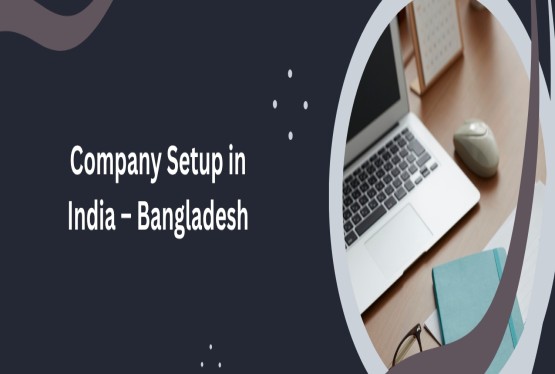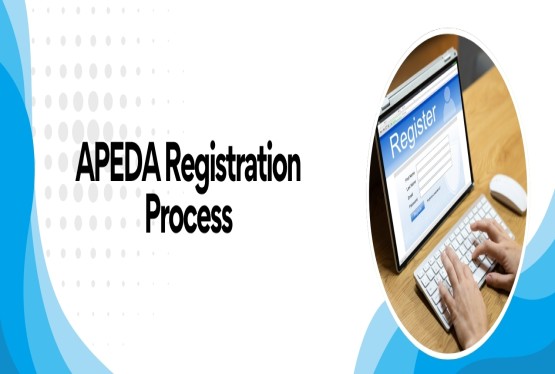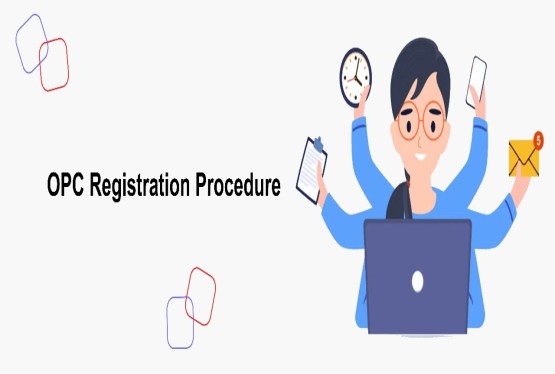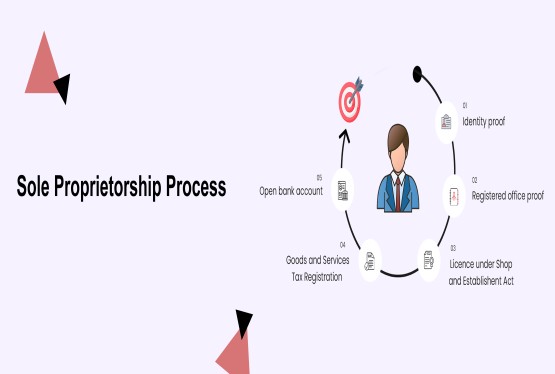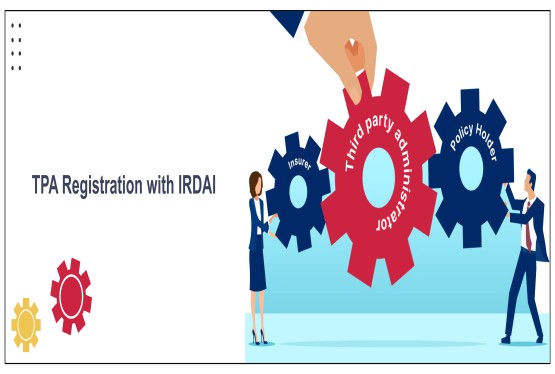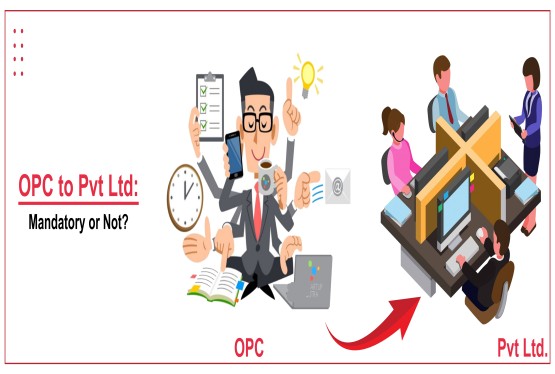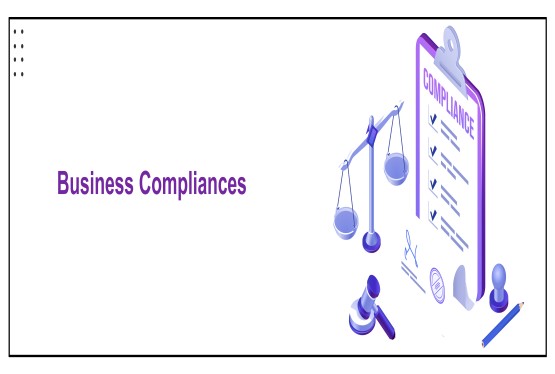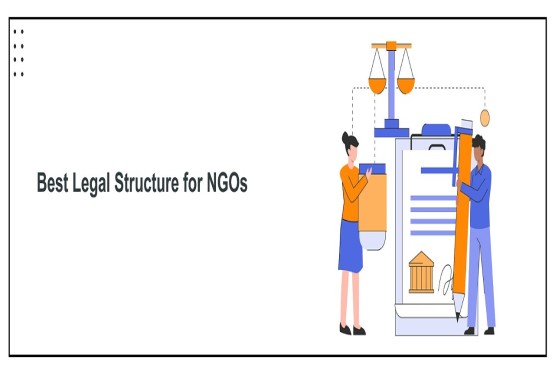An OPC (One Person Company) is good for entrepreneurs seeking a structured corporate framework with limited liability, allowing the owner to keep personal assets protected. It also ensures business continuity through a nominee and improves credibility with banks and investors. However, it involves higher setup and compliance costs. A Sole Proprietorship, on the other hand, suits small businesses, freelancers, and local vendors who prioritize flexibility and ease of operations. It requires minimal registration, has fewer compliance burdens, and is cost-effective. Yet, the owner is personally liable for all debts, and the business lacks a separate identity, making it harder to scale or secure large funding. Ultimately, OPC suits long-term growth and formal operations, while Sole Proprietorship is best for low-risk, single-owned businesses.
What is One Person Company (OPC)?
A One Person Company (OPC) is a type of business entity introduced under the Companies Act, 2013, in India, designed specifically for solo entrepreneurs. It allows a single individual to own and operate a company with a separate legal identity and limited liability. This means the owner’s personal assets are protected from business liabilities. An OPC must have one director and a nominee, who steps in if the owner is unable to manage the company. It combines the simplicity of sole proprietorship with the benefits of a corporate structure, making it ideal for startups and solo founders aiming for structured growth.
Features of One Person Company (OPC) in India
1. Single Ownership with Corporate Status: An OPC allows a single individual to operate a company with full control, combining the benefits of a sole proprietorship and a private limited company. This structure is ideal for solo entrepreneurs who want to scale their business within a formal and structured legal entity.
2. Separate Legal Entity and Limited Liability: OPC is treated as a separate legal entity under the Companies Act, 2013. This means the company is distinct from its owner, capable of owning assets, incurring liabilities, and entering legal contracts in its own name. The liability of the sole owner is limited to the amount invested, protecting personal assets from business losses or debts.
3. Nominee Requirement and Perpetual Succession: While incorporating an One Person Company (OPC), the owner must nominate a person who will assume control in case of the owner’s death or incapacity. This ensures perpetual succession, meaning the business doesn’t dissolve with the demise of the owner and can continue seamlessly.
4. Relaxed Compliance Requirements: Compared to other company types, OPCs enjoy simplified compliance. There’s no requirement to conduct annual general meetings, and fewer board meetings are mandated. This reduces the administrative burden on solo entrepreneurs.
5. Mandatory Conversion Upon Growth: If the paid-up capital of the OPC exceeds Rs.50 lakhs or the annual turnover crosses Rs.2 crores, it is legally required to convert into a private limited or public limited company. This ensures that larger businesses follow stricter corporate governance norms.
Advantages of a One Person Company (OPC)
1. Limited Liability Protection: One of the most significant advantages of an OPC is limited liability. The sole owner’s personal assets are protected, and liability is limited to the capital invested in the business. This shields the individual from personal financial risk arising from business losses or legal obligations.
2. Separate Legal Entity: An OPC enjoys the status of a separate legal entity under the Companies Act, 2013. This means it can own property, sue or be sued, and enter contracts in its own name. This distinction enhances the credibility of the business and makes it easier to establish trust with clients, suppliers, and financial institutions.
3. Ease in Raising Funds: Being a registered company, an OPC has greater access to funding options such as loans from banks and financial institutions. Lenders are more willing to finance a corporate entity than a sole proprietorship, making it easier for OPCs to expand.
4. Continuous Existence: The presence of a nominee director ensures perpetual succession. Even in the event of the original owner’s death or incapacity, the company continues to exist and operate without disruption, offering long-term stability to the business.
5. Lesser Compliance Burden: Compared to private limited companies, OPCs are subject to fewer compliance requirements. There’s no need to conduct annual general meetings, and board meetings can be minimal, which reduces administrative workload and compliance costs while still maintaining legal structure.
Disadvantages of a One Person Company (OPC)
1. Restricted Ownership and Growth: An OPC can have only one shareholder, which limits the ability to raise equity capital or bring in co-founders. This can restrict business expansion and strategic partnerships, making it less suitable for high-growth ventures that require multiple stakeholders.
2. Mandatory Conversion Rules: If the OPC’s paid-up capital exceeds Rs.50 lakhs or its annual turnover goes beyond Rs.2 crores, it must be compulsorily converted into a private limited company. This not only involves additional legal formalities and paperwork but also increases compliance obligations.
3. Higher Compliance and Operational Costs: Although OPCs enjoy relaxed norms compared to private companies, they still need to maintain financial records, file annual returns, and undergo audits (when applicable). These requirements incur professional and regulatory costs, making it costlier than running a sole proprietorship.
4. Corporate Taxation Burden: OPCs are taxed at a flat corporate rate, which can be disadvantageous for businesses with lower earnings. Unlike sole proprietorships that benefit from individual tax slabs and rebates, OPCs miss out on such tax reliefs.
5. Limited External Funding Opportunities: OPCs may find it challenging to attract angel investors or venture capital due to their single-ownership structure. Investors typically prefer multi-owner companies with diverse leadership and shareholding options, which OPCs inherently lack.
What is Sole Proprietorship?
A Sole Proprietorship is the simplest and most common form of business owned and operated by a single individual. It has no separate legal identity from the owner, meaning the proprietor is personally responsible for all profits, losses, and liabilities. This structure is easy to start with minimal registration, making it ideal for freelancers, small traders, and home-based businesses. The owner retains full control over decisions but also bears unlimited liability, risking personal assets for business debts. While it's cost-effective and flexible, its limitations in scalability and funding make it less suited for large or high-risk ventures.
Features of a Sole Proprietorship in India
1. Single Ownership and Control: A sole proprietorship is owned and managed by one individual who makes all business decisions. This direct control allows for quick decision-making and full retention of profits.
2. Minimal Regulatory Compliance: Starting a sole proprietorship is simple and cost-effective. It requires minimal registration, such as GST (if applicable), Shop and Establishment License, or Udyam Registration. There’s no need to register with the Ministry of Corporate Affairs (MCA), making it highly accessible for small businesses.
3. No Separate Legal Entity: The business and the owner are considered the same in the eyes of the law. This means the proprietor is personally responsible for all debts and obligations, which can affect personal assets if liabilities arise.
4. Unlimited Liability: The proprietor bears full financial responsibility. If the business incurs debt or legal issues, the owner must cover these personally, posing a significant risk.
5. Taxation as an Individual: The income from the business is treated as the individual’s personal income and taxed under personal income tax slabs. This often results in lower taxes for small earners and simplifies the tax process.
Advantages of a Sole Proprietorship
1. Easy to Start and Operate: A sole proprietorship is the simplest business form to establish. It requires minimal legal formalities and can often be started with just a few basic registrations like GST, Shop and Establishment License, or Udyam Registration. This makes it ideal for small traders, local vendors, and freelancers.
2. Complete Control: The proprietor has full authority over all business decisions. There’s no need to consult partners or board members, allowing for quick and efficient decision-making. This independence also enables the owner to shape the business based on personal vision and goals.
3. Lower Cost of Operation: Since there are no complex registration processes or compliance requirements, the cost of setting up and running a sole proprietorship is very low. It’s a cost-effective model for businesses with limited capital.
4. Tax Benefits: Income is taxed as the individual’s personal income under the income tax slabs. This allows lower tax rates for small-income businesses and simplifies tax filing without the need for corporate returns.
5. Privacy and Confidentiality: Since a sole proprietorship is not legally required to publish financial accounts or operational details, the owner can maintain complete confidentiality about the business’s financial performance and strategies.
Disadvantages of Sole Proprietorship
1. Unlimited Liability: The biggest drawback of sole proprietorship is that the owner is personally liable for all debts and obligations of the business. If the business fails or incurs heavy losses, personal assets like savings, property, or vehicles can be used to repay debts, posing significant financial risk.
2. Lack of Business Continuity: Since the business is tied directly to the owner, it may cease to exist in the event of the owner's death, incapacity, or decision to shut it down. This absence of perpetual succession affects long-term stability and continuity.
3. Limited Capital: Sole proprietors rely solely on personal savings or loans for business funding. Without the ability to raise capital from shareholders or attract equity investments, scaling the business can be challenging, especially for capital-intensive industries.
4. No Separate Legal Entity: A sole proprietorship has no distinct legal identity from its owner. This can impact credibility when dealing with clients, banks, or suppliers, and limits the business’s ability to enter contracts or own assets in its name.
5. Limited Growth and Expansion: Since decision-making, responsibility, and resources lie with one individual, expansion opportunities are restricted. The business may struggle to handle larger operations or compete with larger entities due to limited organizational capacity.
Difference Between OPC and Sole Proprietorship
|
Aspect |
One Person Company (OPC) |
Sole Proprietorship |
|
Formation and Registration Process |
Requires registration under the Companies Act 2013 through MCA portal with legal documents. |
Easy to start; only basic licenses like GST or Shop & Establishment may be needed. |
|
Formation |
No formal procedure can be started by any individual without central registration. |
|
|
Registration Process |
Involves name approval, company incorporation forms, and MCA filing. |
Simple registration like GST, MSME, or local business license, if applicable. |
|
Roles and Management |
Single shareholders and directors manage the company; nominees are required for succession. |
Sole proprietors manage everything independently; no nominee needed. |
|
Taxation and Financial Aspects |
Taxed as a private company; flat corporate tax rate of 25% (if applicable). |
Taxed under individual income tax slabs; benefits from deductions under personal tax. |
|
Compliance Requirements |
Annual filings with ROC, audit if applicable, board meetings (limited). |
Minimal compliance: follows standard individual tax filing unless turnover is high. |
|
Cost of Formation and Maintenance |
Higher initial cost (Rs.7,000–Rs.12,000); yearly compliance costs Rs.10,000–Rs.15,000+. |
Very low setup cost; minimal to no recurring legal or professional expenses. |
|
Benefits and Drawbacks |
Offers limited liability, corporate identity, higher credibility, but with higher cost. |
Easy, flexible, and low-cost, but comes with unlimited liability and less credibility. |
Final Thought
The choice between an OPC and a Sole Proprietorship depends on your business goals, size, and how much risk you're willing to take. If you want a low-cost, easy-to-run business with very little paperwork, a Sole Proprietorship is a great option, especially for freelancers or small startups. But if you want a proper company with limited personal risk, better funding options, and a formal setup, then OPC is a better fit.
Each has its own pros and cons. Pick the one that matches your vision and long-term plans. It’s also smart to talk to a legal or business expert to help you decide the best option.
If you have any queries regarding OPC and Sole Proprietorship, then you can connect with Compliance Calendar LLP experts through email info@ccoffice.in or Call/Whatsapp at +91 9988424211.
Frequently Asked Questions
Q1. What is the main difference between OPC and Sole Proprietorship?
Ans. The key difference is in legal identity. An OPC is a separate legal entity with limited liability for the owner, while a Sole Proprietorship has no separate identity, and the owner has unlimited liability.
Q2. Which business model is easier to start in India?
Ans. A Sole Proprietorship is much easier to start with minimal paperwork and registration. An OPC requires registration with the Ministry of Corporate Affairs, making it more formal and slightly more complex.
Q3. Can a Sole Proprietorship be converted to an OPC?
Ans. Yes, a Sole Proprietorship can be converted into an OPC by registering under the Companies Act, 2013. This requires fulfilling certain legal steps and documentation.
Q4. Which is better for funding and credibility?
Ans. OPC is better for raising funds and building business credibility. It’s a recognized corporate entity, making it more trusted by banks and investors compared to a Sole Proprietorship.
Q5. Who should choose Sole Proprietorship over OPC?
Ans. Freelancers, local traders, and small business owners with low risk and limited capital should go for Sole Proprietorship due to its simplicity and low cost.












_crop10_thumb.jpg)





_crop10_thumb.jpg)




























-Form_crop10_thumb.jpg)

_crop10_thumb.jpg)























_learn_crop10_thumb.jpeg)
































_crop10_thumb.jpg)

_crop10_thumb.jpg)





















_crop10_thumb.jpg)















_for_Foreign_Directors_learn_crop10_thumb.jpeg)




_Act,_2015_learn_crop10_thumb.jpg)































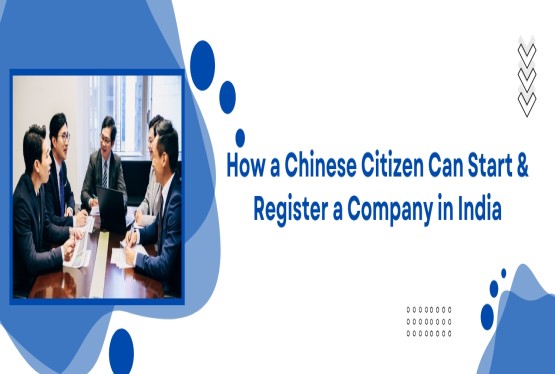


_learn_crop10_thumb.jpg)
